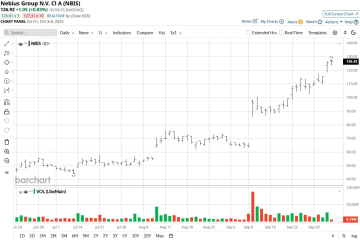Alcohol Tax Cuts in Ontario: What You Need to Know
Introduction
The recent announcement of alcohol tax cuts in Ontario has sparked significant interest and discussion among consumers and industry stakeholders alike. Given the ongoing effects of the COVID-19 pandemic and rising living costs, these changes aim to alleviate some of the financial burden on residents while also aiming to stimulate the local economy. Understanding the implications of these tax cuts is crucial for consumers, businesses, and policymakers.
Details of the Tax Cuts
The Ontario government has proposed a series of reductions in alcohol excise taxes, effective from January 1, 2024. The plan aims to lower the overall cost of alcoholic beverages, which is expected to benefit consumers directly by making drinks more affordable in retail settings and licensed establishments. The proposed cuts are estimated to reduce prices on average by 5%.
Governments in various provinces have been exploring similar measures as a way to boost the hospitality industry, which has faced unprecedented challenges during the pandemic. Ontario’s tax adjustments align with these initiatives, signaling a strategic move to support local businesses and stimulate economic recovery.
Impact on Consumers and Businesses
The reduction in alcohol taxes is expected to have a dual effect: encouraging consumers to spend more on alcoholic beverages while also providing necessary relief to restaurants and bars struggling to recover. According to the Ontario Restaurant Hotel and Motel Association (ORHMA), many establishments have reported a decline in patronage since the pandemic, and this tax relief could lead to an increase in sales and customer traffic.
Furthermore, the cuts may foster a more competitive environment, as businesses can pass on savings to customers, resulting in lower retail prices. This could attract a diverse range of consumers, from casual visitors to dedicated connoisseurs.
Economic Forecasts and Future Significance
As Ontario navigates its recovery from the effects of the pandemic, the alcohol tax cuts are viewed as a progressive step in fostering a resilient economy. While it remains to be seen how much these cuts will actually impact consumer behavior and business dynamics, initial forecasts suggest that reducing alcohol tax could stimulate growth in both the licensed sector and retail market.
In conclusion, the alcohol tax cuts in Ontario present an opportunity for both consumers to save money and businesses to boost sales amid challenging economic times. As the provisions come into effect in early 2024, observers will be keenly monitoring the outcomes to evaluate the effectiveness of these tax changes. For Ontarians, this could be a welcome change in the economic landscape, promising more accessible and affordable options in the market.







